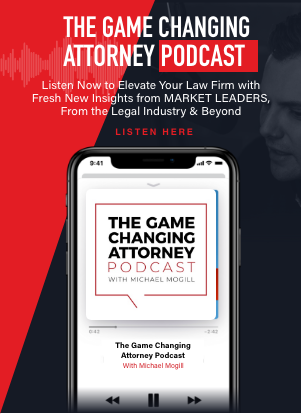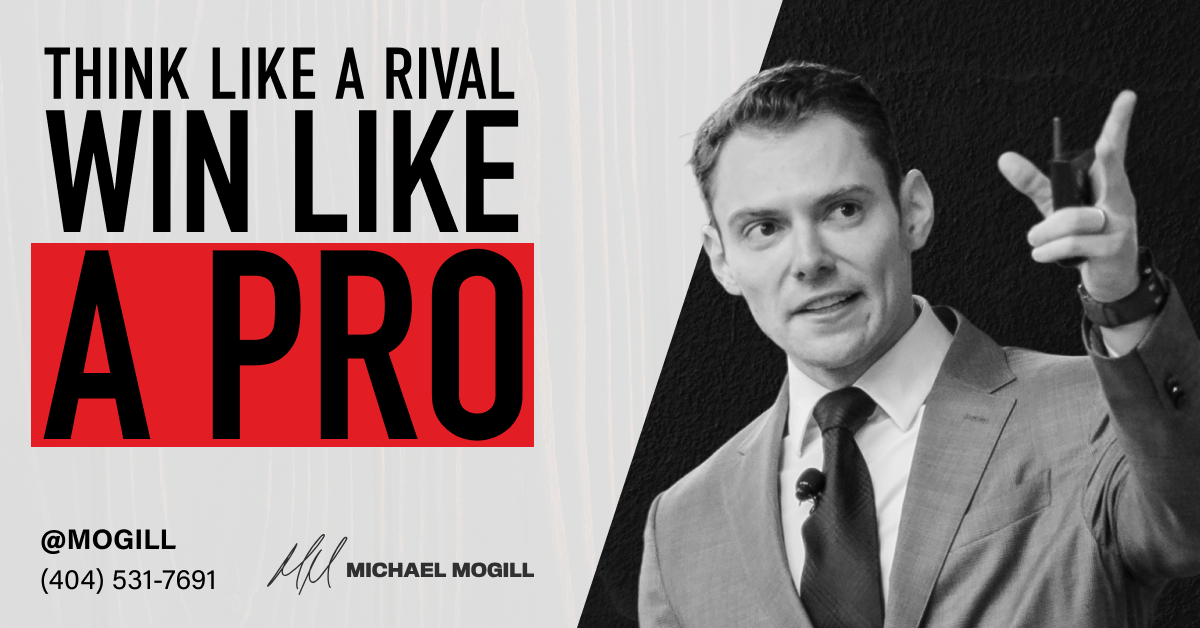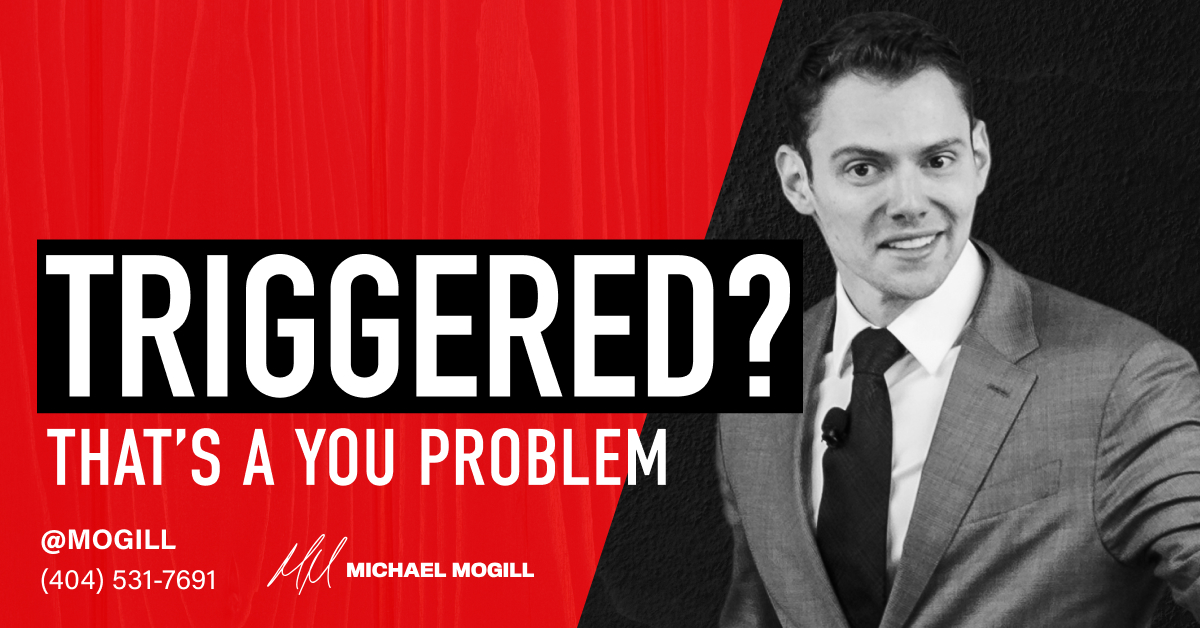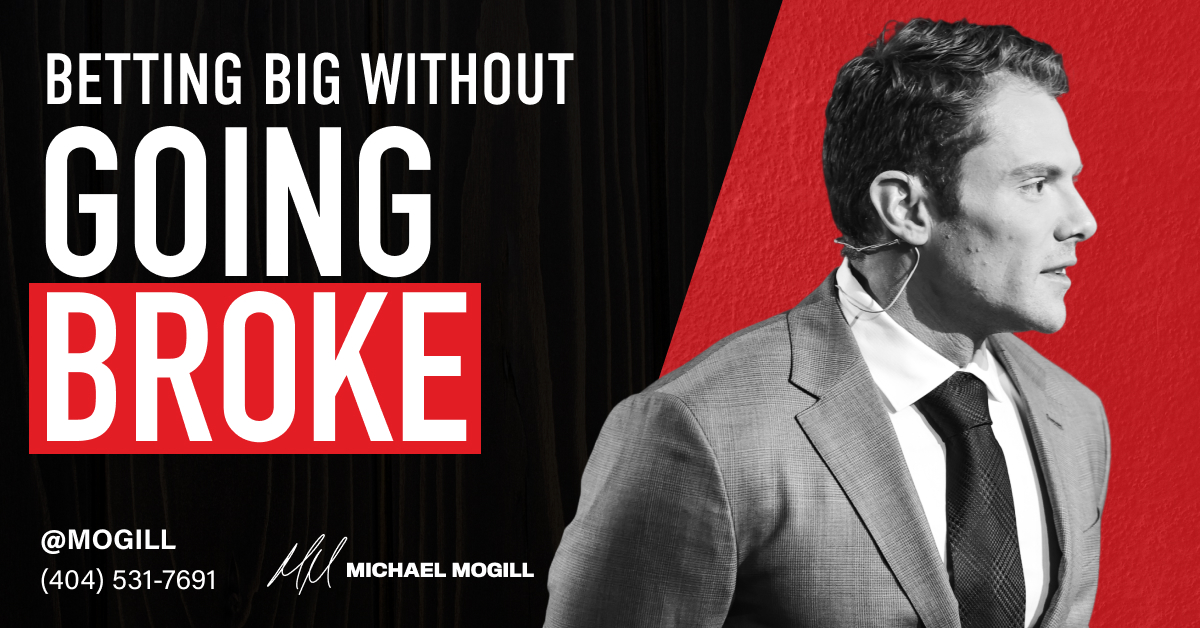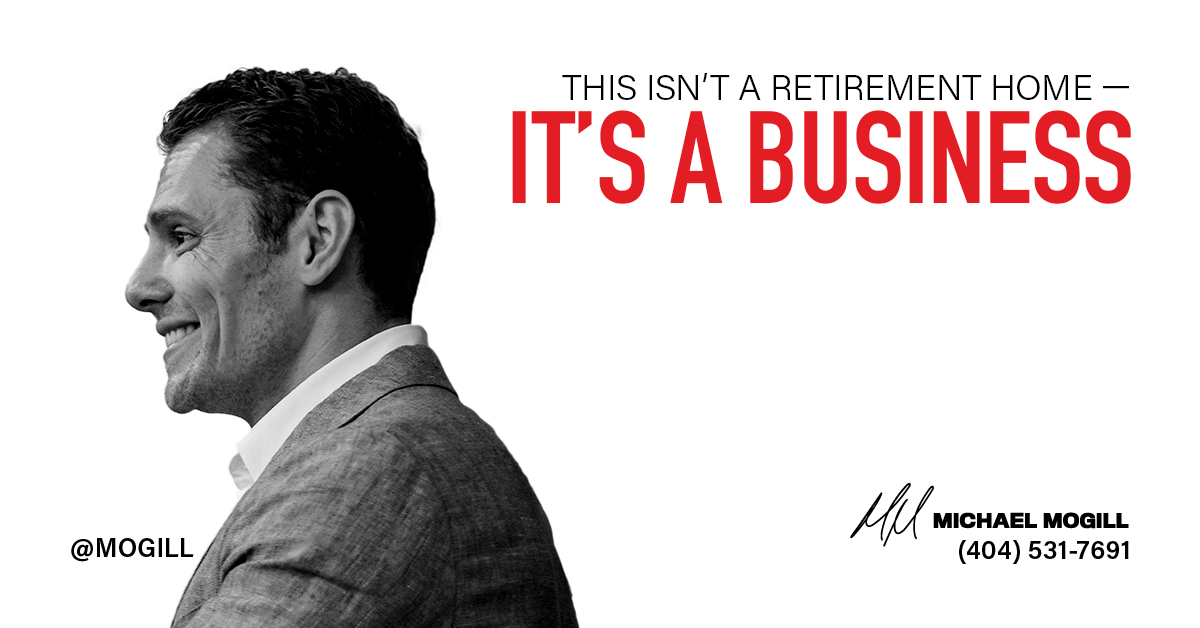Do you know the difference between confidence and ego?
With confidence, you have faith in your own abilities and you believe in yourself. With ego, you’re operating out of self-interest. You seek out approval, accolades, and validation at all costs and above everything else. Why? Because you want to be seen as right.
When your ego is calling the shots, you worry more about looking good than you do about making progress. It keeps you from trying new things out of fear that you’ll fail and crack that perfectly polished veneer that everyone sees. When you’re confident, you keep going even if your first attempt fails because you know you’re going to improve—and that’s your goal.
Put simply, ego is a progress stopper. You can’t move forward when it’s in charge.
Progress Rarely Looks Good at First
When I joined a CrossFit gym, I’d been working out for years and had experience with weight training.
As I walked into that first CrossFit class, I thought to myself: I got this.
I definitely didn’t. I finished at the very bottom of the class, well behind everyone else. Not only that, I barely finished the workout. I didn’t know the exercises. It was a horrible first day.
If my ego was in charge, I’d have thrown up my hands and said, “That’s it, I’m out of here. I’m bad at this and I don’t look good doing it.” What happened instead was that I got motivated.
I was driven, not to avoid being bad at CrossFit, but to get really good at it. I craved the growth that would take me from where I was that first day to the top of the leaderboard. Was I going to fail along the way and look unpolished at times? You bet—but that’s what growth demands.
Don’t Be Afraid to Ask for Help
I see a lot of leaders, both new and established, who struggle with ego in two ways. First, they hide their mistakes from everyone else. Second, they don’t ask for support when they’re out of their depth.
In both instances, the driving force behind these behaviors is a desire to be seen as a leader who has it all together. They tell themselves: “My team won’t respect me if they know I made a mistake” or, “If I ask for help, I’ll look foolish and everyone will start to doubt me.”
I go the opposite way with our team here at Crisp. I’m quick to remind people, “I’m the greatest failure in our office. I’ve lost more deals and have failed more than every person on our team combined.”
It wasn’t always this way. In the early years, I was that leader who tried to sweep my failures under the rug. I wanted my team to think I had all the right answers and that everything was fine when it wasn’t (or that I had my s*** together when I didn’t). I quickly realized people can tell when you’re faking it and when you’re full of crap.
When I became more authentic and vulnerable, it showed my team that it’s OK to ask for help and support. Now it’s an expectation of everyone who works at Crisp to ask for help when they need it so we can all avoid unnecessary setbacks, pain, and suffering. Asking for help is viewed as a strength, not a weakness.
Our Perception of How Others View Us is Skewed
In today’s social-media obsessed world, a common belief is that everyone is closely watching what you’re doing so they can celebrate your successes and trash you for your failures. In reality, most people don’t care that much about you because they’re totally wrapped up in their own insecurities.
Usually this is a lesson people learn as they get older, so if you’re a young person reading this, let me save you a lot of time and angst: nobody cares about what you’re doing as much you think they do. This means no one’s opinion of you should matter as much as your own.
Release yourself from the pressure that your ego is putting on you to look good, especially if it’s telling you what leaders should look and act like. Good leaders model the behaviors they want to see in their team members, and they do so without worrying about how it will be perceived.
In meetings, I don’t worry about asking what people might call “dumb” questions. I just want the answer. When I have clarity and understanding, I can make the right decision.
Don’t Allow Ego to Hijack Your Journey
What’s dangerous about ego is that its poisonous effects aren’t always obvious. When we receive approval, accolades, and validation, it feels good! But when you prioritize that feeling over making progress, you hand the reins over to ego and limit your ability to grow.
Without realizing it, your ego shuts off your ability to learn, which means you cease to level up. Ego creates blind spots, which keep you from asking for support, which leads you down a path toward eventual failure and missed targets. Your ego uses the endorphin rush you get from validation to mask the subtle ways it’s undermining your journey of growth.
In the end, the question is: what are you prioritizing? You can’t have ego and progress in the same way that you can’t move forward and backward at the same time. You must decide what’s more important to you — looking good or making progress?

